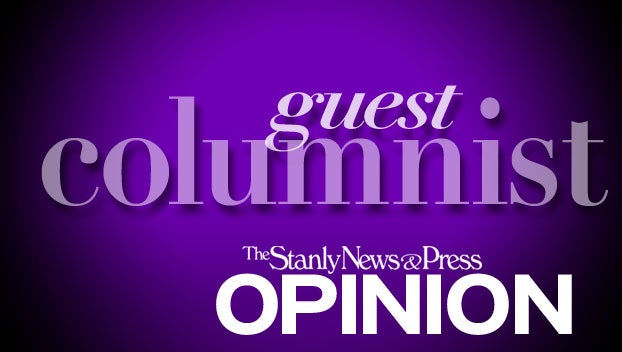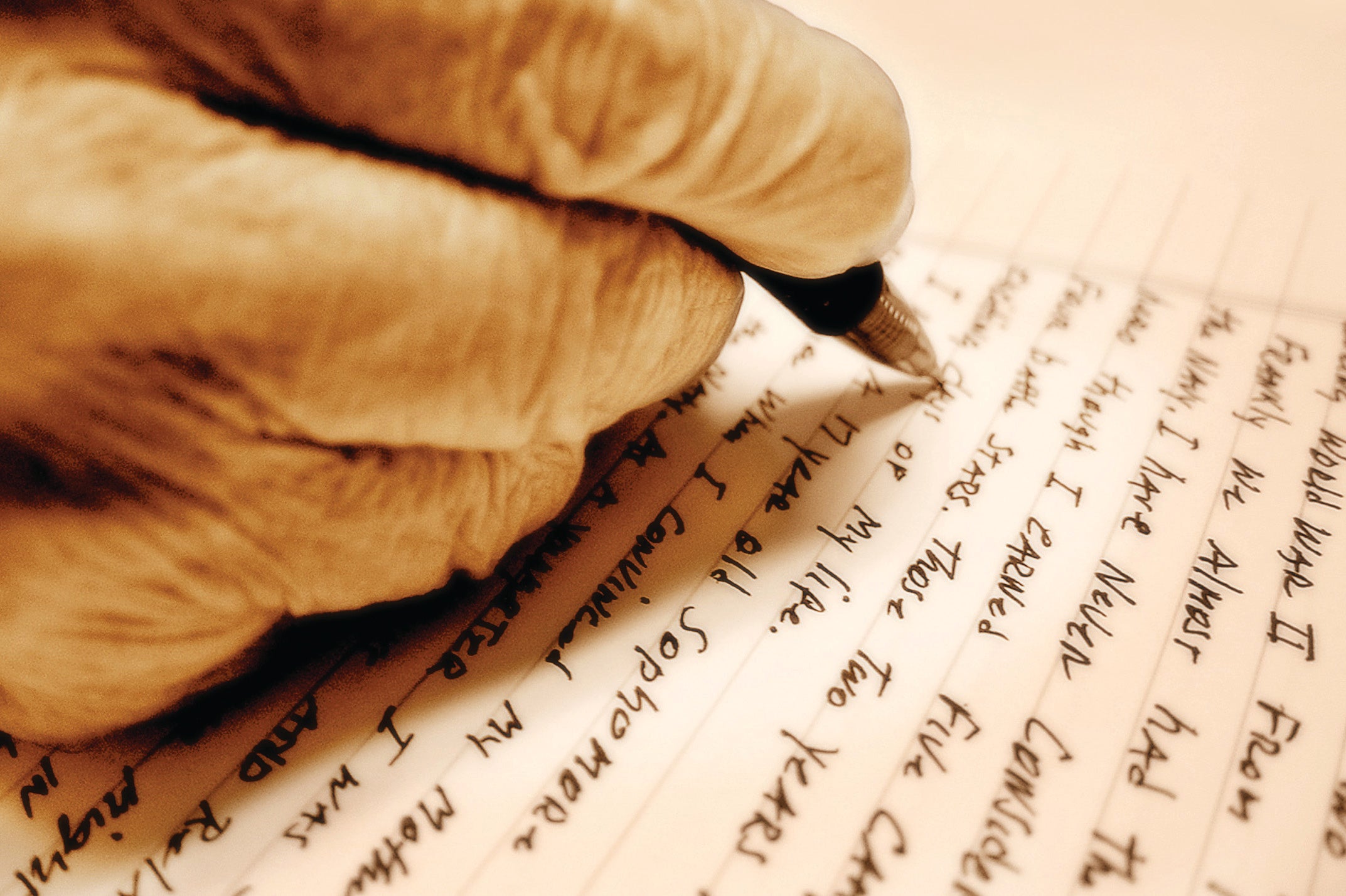DG MARTIN COLUMN: Blame the Scots-Irish
Published 10:44 am Wednesday, December 29, 2021
|
Getting your Trinity Audio player ready...
|
Why are we the way we are?
Can we blame it on somebody else, like the British colonist, for instance?

D.G. Martin
By “we” I don’t mean just you and me. I don’t even include us necessarily. I am thinking about folks who live in North Carolina and the surrounding regions.
You know the kind I mean.
Hard nosed, sometimes rebellious, resistant to direction from those who think they know it all, suspicious of people in charge, unwilling to give up individual choice to some kind of group direction.
It is not just those anti-vaxxers, those who will not accept an infinitesimal risk to themselves or their children in order to reduce to great risks all of us face from the ongoing series of Covid epidemics. It is not just them whom I am talking about.
Nor is it just the Republicans.
Or the Democrats.
Lots of us on both sides of the political divide share a common resistance to authority.
How do we explain it?
Writing in The New Yorker on Oct. 4, the author and columnist Joe Klein gave it a try, writing, “The divide between maskers and anti-maskers, vaxxers and anti-vaxxers is as old as Plymouth Rock. It is deeper than politics; it is cultural.”
For his ideas, Klein credited a 1989 book, “Albion’s Seed: Four British Folkways in America,” by David Hackett Fischer. This book, Klein says, “explains how the history of four centuries ago still shapes American culture and politics.”
Focusing on the South, Klein says the original settlers were, “a wild caste of emigrants from the borderlands of Scotland and England. They brought their clannish, violent, independent culture, which had evolved over seven centuries of border warfare.”
According to Fisher, these emigrants came from “a society of autonomous individuals who were unable to endure external control and incapable of restraining their rage against anyone who stood in the way.”
Fisher writes that the Scots-Irish in the Southern hill country “were intensely resistant to change and suspicious of ‘foreigners.’ In the early 20th century, they would become intensely negrophobic and antisemitic.”
Other parts of colonial America were settled by different groups.
For instance, Klein writes about the Virginia-Cavalier tradition, “The Virginia definition of freedom was complex, contradictory — and remains problematic. It was hierarchical, the freedom to be unequal. ‘I am an aristocrat,’ John Randolph of Roanoke said. ‘I love liberty; I hate equality.’ Freedom was defined by what it wasn’t. It wasn’t slavery. It was the freedom to enslave. It was a freedom, granted to the plantation masters, to indulge themselves, gamble and debauch.”
“Over time,” Klein continues, “this plutocratic libertarianism found natural allies, if strange bedfellows, in the fiercely egalitarian Scots-Irish hill country folk.
“Neither wanted to be ‘ruled’ by a strong central government.”
Klein says things were just the opposite in New England. For the Puritans, “Everything was regulated.”
“Order was an obsession.”
Local officials reported “on the domestic tranquility of every family in their jurisdiction. Cotton Mather defined an ‘honorable’ person as one who was ‘studious, humble, patient, reserved and mortified.’ ”
About a different group of settlers, Klein writes, “The Quakers seem an afterthought, but their migration was larger in size than that of the Puritans or Cavaliers. And their version of liberty seems most amenable today. It was ‘reciprocal freedom,’ based on the golden rule.”
Fischer notes the Scots-Irish practiced the opposite: “Do unto others as they threatened to do unto you.”
The Scots-Irish, Virginia, Puritan and Quaker legacies are very different and are, perhaps, diluted over the almost 300 years since these immigrants came.
But the influence of each continues.
The Scots-Irish influence in our region is still tenacious, which explains why the “Do unto others as they threatened to do unto you” rule is widely practiced by people across the political spectrum.
D.G. Martin hosted “North Carolina Bookwatch,” for more than 20 years.



